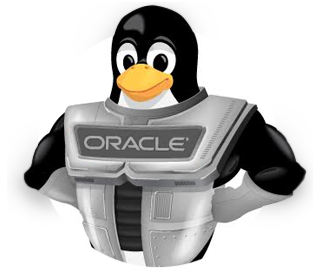Today Linux Foundation Training & Certification and the Cloud Native Computing Foundation are announcing the availability of our newest training course, LFS260 – Kubernetes Security Essentials. The course provides skills and knowledge on a broad range of best practices for securing container-based applications and Kubernetes platforms during build, deployment and runtime. It is also a great way to prepare to take the recently launched Certified Kubernetes Security Specialist (CKS) certification exam.
As production environments become more decoupled and agile, keeping the entire environment secure has become more complex. This challenge will only become more acute as cloud adoption accelerates. Additionally, we saw from the 2020 Open Source Jobs Report that cloud and security skills have the biggest and third biggest impact on hiring decisions respectively, further highlighting the talent gap for these skills. All of these are primary reasons that CNCF and The Linux Foundation are launching this course. By making training and certification related to cloud and container security widely accessible, the hope is to help close that talent gap.
The 30 hour self-paced course is conducted online, and includes learning from industry experts and hands-on labs to give participants the experience they need to secure their container-based applications. It covers more than just container security, exploring topics from before a cluster has been configured through deployment, and ongoing and agile use, including where to find ongoing security and vulnerability information.
By the end of the course, participants will understand security concerns for cloud production environments and be able to harden systems and clusters, secure the container supply chain, monitor and log security events, and more.
The course was developed by Tim Serewicz, Senior Instructor and courseware developer at The Linux Foundation. Tim is responsible for writing and updating the Kubernetes Fundamentals, Kubernetes for Developers, and Kubernetes Security Essentials courses for The Linux Foundation, among others, and was involved in creation of the CKS exam.
Enroll today and begin bolstering your cloud security chops!
The post Kubernetes Security Essentials Course Now Available appeared first on Linux Foundation – Training.






 QEMU is the backbone of virtualization on Linux, providing control plane and emulation services for guest VMs. One of the most common complaints about QEMU stems from its monolithic nature — one process that does both control and emulation exposes more “surface area” that we, in turn, have to protect from security vulnerabilities. Well perhaps no longer, as multi-process QEMU has now been accepted…
QEMU is the backbone of virtualization on Linux, providing control plane and emulation services for guest VMs. One of the most common complaints about QEMU stems from its monolithic nature — one process that does both control and emulation exposes more “surface area” that we, in turn, have to protect from security vulnerabilities. Well perhaps no longer, as multi-process QEMU has now been accepted…